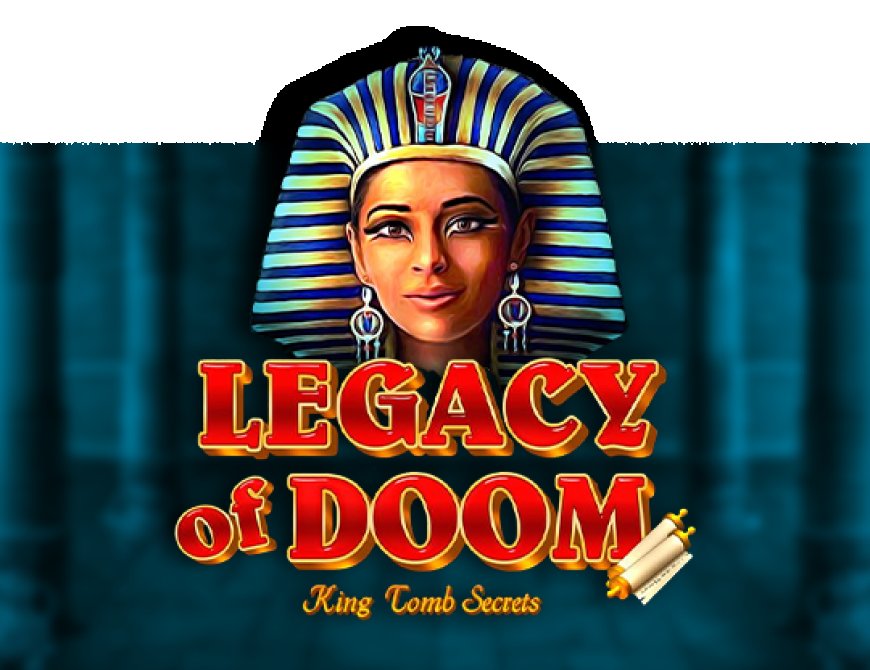The Legacy of Doom: A Retrospective Look at 30 Years of a Gaming Icon
Doom, like Super Mario Bros. and Sonic the Hedgehog, transcends its medium to become a universally recognized name. This iconic series, spanning over three decades, has been a trailblazer in the gaming industry, influencing countless titles and spawning various media adaptations.

The Origins of Doom: Pioneering the FPS Genre
While not the first First-Person Shooter (FPS), Doom is often hailed as the granddaddy of the genre. Its development, spearheaded by id Software following the success of Wolfenstein 3D, introduced a game-changing formula: battling demons with advanced technology. The name "Doom," famously inspired by a line from the movie "The Color of Money," perfectly encapsulates the game's intense, hellish battles.
Design Philosophy: Gameplay Over Story
Doom's emphasis was on fast-paced gameplay and advanced graphics rather than intricate storytelling. John Carmack, co-founder of id Software, famously disregarded the importance of a narrative in games, focusing instead on the technical and gameplay aspects. This approach resonated with players, making Doom a massive hit.
Also Check In-Depth Review of the Ducky ProjectD Outlaw65: A DIY Keyboard Kit
Multiplayer Revolution: The Birth of Deathmatches
One of Doom's most significant contributions to gaming was its introduction of multiplayer modes, including PvP deathmatches and cooperative campaigns. This innovative feature placed immense stress on university networks and marked Doom as a pioneer in multiplayer FPS gaming.
The Role of User-Generated Content
Doom's longevity is partly due to its mod-friendly design. The game's WAD (Where's All the Data) file system encouraged user-generated content, allowing players to modify the game without altering the engine code, thus fostering a vibrant modding community that remains active today.
Doom II: Expanding the Legacy
Just months after Doom's release, "Doom II: Hell on Earth" hit the shelves. The sequel, designed by Sandy Peterson, American McGee, and Shawn Green, maintained the essence of the original while introducing new elements like the Super Shotgun and iconic enemies. Despite a minimal narrative, Doom II's expanded gameplay and enhanced multiplayer features solidified its status as a classic.
Platform Limitations and Success
Unlike its predecessor, Doom II had a more restrained platform release, initially available only on MS-DOS and Mac OS, with a later Game Boy Advance version. Despite this, Doom II emerged as 1994's best-selling video game and held the title of id Software's highest-selling game for years.
Conclusion: Doom's Enduring Influence
Doom's impact on the gaming industry is undeniable. From its innovative gameplay mechanics to its role in popularizing the FPS genre and multiplayer gaming, Doom's influence is evident in many modern titles. As it continues to evolve, Doom remains a testament to the power of gameplay innovation and community engagement in the gaming world.


































